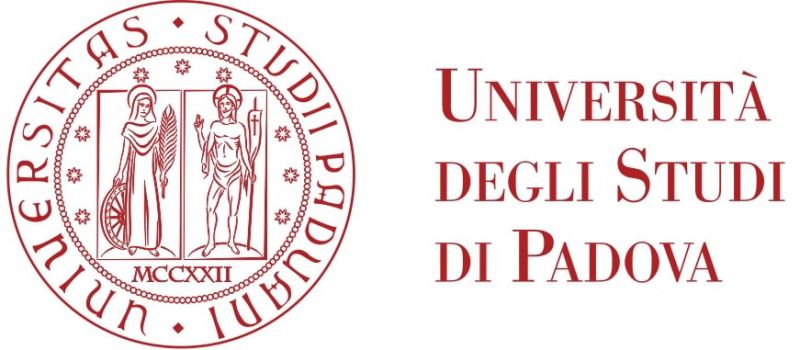

21 July 2010, h.14:00 - Aula 301 DEI-A
Carlo Fischione ACCESS Linnaeus Center, School of Electrical Engineering
|
Abstract:
In many networked systems such as wireless sensors, cellular, smart grids, water distribution, and vehicular networks, decision variables must often be optimized by algorithms that need to be fast, simple, and robust to errors and noises, both in a centralized and in a distributed set-up. In this talk, a new simple vector optimization theory, named the fast Lipschitz (F-Lipschitz) optimization, is introduced for a novel class of nonlinear multi-objective optimization problems that are pervasive in these networked systems. F-Lipschitz problems are defined by qualifying properties specified in terms of increasing objective function and partially monotonic constraints. It is shown that feasible F-Lipschitz problems have always a unique Pareto optimal solution that satisfies all the constraints at the equality, including the inequality constraints. The solution is obtained quickly by asynchronous algorithms of certified convergence. F-Lipschitz optimization can be applied to both centralized and distributed optimization. Compared to traditional Lagrangian methods, which often converge linearly, the convergence time of centralized F-Lipschitz algorithms is superlinear. Distributed F-Lipschitz algorithms converge fast, as opposed to traditional Lagrangian decomposition and parallelization methods, which generally converge slowly and at the price of many message passings. In both cases, the computational complexity is much lower than traditional Lagrangian methods. It is proved that the interference function theory, which plays a fundamental role in distributed resource allocation of wireless communication systems, is a particular case of F-Lipschitz optimization. It is shown that a class of convex problems, including geometric programming problems, can be cast as F-Lipschitz problems, and thus they can be solved much more efficiently than interior point methods. Examples of applications of the F-Lipschitz optimization to wireless sensor network problems are given. The extension of the theory to problems with more general objective functions is discussed. It is suggested that before using Lagrangian methods, it is convenient having conditions ensuring that the optimal solution satisfies part or all the constraints at the equality. The drawback of the F-Lipschitz optimization is that it might be difficult to check the qualifying properties.
______________________________
Dr. Carlo Fischione is currently an Assistant Professor at the Royal Institute of Technology, ACCESS Linnaeus Centre, Electrical Engineering, Stockholm, Sweden. He received the Ph.D. degree in Electrical and Information Engineering in May 2005 from the University of L’Aquila, Italy, and the Dr.Eng. degree in Electronic Engineering (Laurea Summa Cum Laude) in April 2001 from the same University. His history includes holding research positions at the University of California at Berkeley, Berkeley, CA (2004-2005 and 2007-2008) and Royal Institute of Technology, Stockholm, Sweden (2005-2007). He is supervising a number of doctorate and graduate students at the Royal Institute of Technology, Sweden, and University of L'Aquila, Italy. He has co-authored over 50 publications in international journals and conferences and an international patent application. He received the best paper award from the IEEE Transactions on Industrial Informatics of 2007, the best paper awards at the IEEE International Conference on Mobile Ad-hoc and Sensor System 05 and 09 (IEEE MASS 2005 and IEEE MASS 2009), and is a recipient of the “Ferdinando Filauro” Award from the University of L’Aquila, Italy, and the “Alta Formazione” Award from the Abruzzo Region Government, Italy. He has chaired or served as a technical member of program committees of several international conferences and is serving as referee for technical journals. Meanwhile, he also has offered his advice as a consultant to numerous technology companies such as Berkeley Wireless Sensor Network Lab, Ericsson AB, Synopsys, and United Technology Research Center. His research interests include optimization, wireless sensor networks, and system level design of wireless networks.
______________________________
If you are interested in meeting with the speakers, please contact
Prof. Luca Schenato, schenato AT dei.unipd.it

